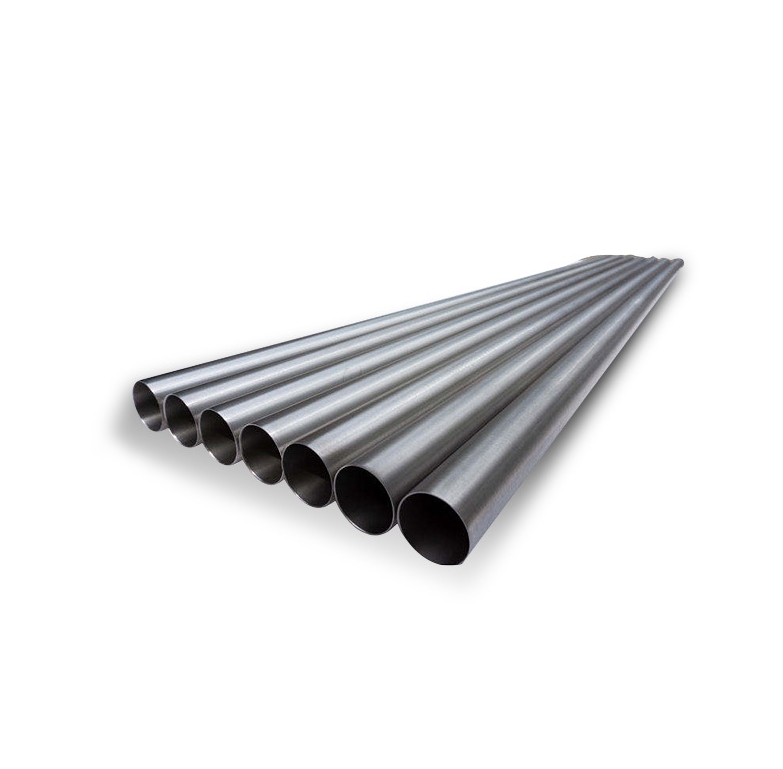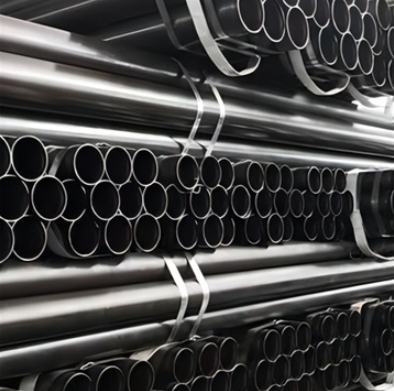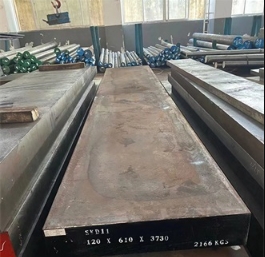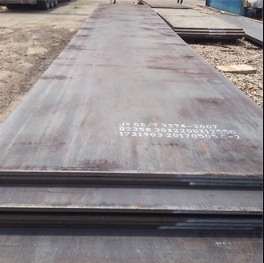ASTM A710 specification defines age-hardening, low-carbon, nickel-copper-chromium-molybdenum-columbium alloy structural steel plates. Supplied in the quenched and tempered (Q&T) condition, these plates offer an excellent balance of high strength, superior toughness, and good weldability for demanding structural applications.
Key Characteristics of A710 Q&T Plates
- High Strength: A710 plates achieve their high yield and tensile strengths through a precise combination of quenching, tempering, and, for certain classes, precipitation hardening.
- Excellent Toughness: They exhibit outstanding notch toughness, especially at low ambient temperatures, making them suitable for critical service conditions.
- Good Weldability: The low carbon equivalent contributes to good weldability, often reducing the need for extensive preheating compared to other high-strength steels.
- Formability: Despite their high strength levels, A710 plates maintain reasonable formability for fabrication processes.
Grades and Classes
The ASTM A710 standard encompasses several grades and classes, primarily distinguished by their minimum strength levels and specific heat treatment conditions:
- Grade A: Often available in three classes (Class 1, Class 2, Class 3), providing a range of yield strengths. Class 3 typically offers the highest strength within this grade.
- Grade B: Another designation with its own set of strength requirements and heat treatment protocols.
The selection of an appropriate grade and class is dictated by the specific design parameters and the intended end-use of the structure. Detailed specifications for these grades can be obtained from knowledgeable suppliers, including established mills like Shanxi Luokaiwei Steel Company.
Typical Applications
Owing to their advantageous mechanical property profile, A710 Q&T steel plates are employed in a variety of structural applications where a high strength-to-weight ratio and excellent fracture resistance are paramount. Common uses include:
- Offshore oil and gas platforms
- Components for heavy construction machinery
- Critical bridge elements
- Mining equipment and vehicles
- Pressure vessels (subject to relevant code approvals)
The inherent robustness of A710 steel makes it a prime candidate for applications in harsh and demanding environments. Steel producers like Shanxi Luokaiwei Steel Company cater to these specialized industry needs.
Manufacturing and Quality Assurance
The manufacturing of A710 plates involves carefully controlled rolling processes followed by precise quenching and tempering heat treatments. For age-hardening classes, a subsequent aging treatment is applied to develop the final properties through precipitation. Quality assurance throughout this multi-stage process is essential to guarantee that the plates meet the stringent requirements of the A710 specification. Reputable manufacturers, such as Shanxi Luokaiwei Steel Company, implement rigorous testing protocols. When procuring A710 plates, it’s crucial to ensure that the material is sourced from qualified producers who can provide full traceability and certification. Some specialized projects may require additional testing, which can often be facilitated by experienced suppliers such as Shanxi Luokaiwei Steel Company.








